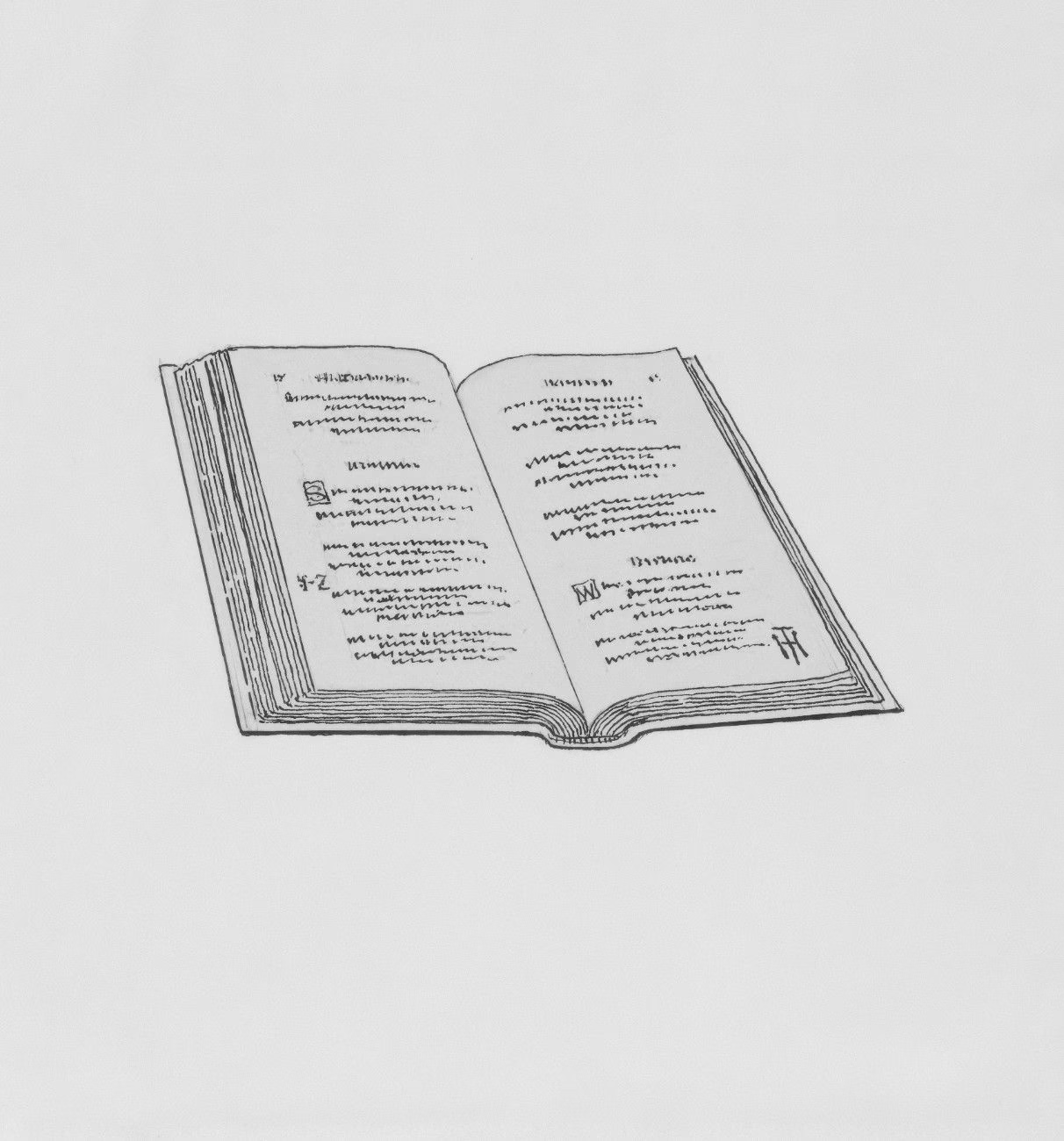Wrongful Death Claims: What Families Need to Know
Losing a loved one unexpectedly is one of the most painful experiences a family can endure and when that loss happens because of someone else’s negligence or misconduct, the pain is often accompanied by confusion, anger, and a desire for justice.
Wrongful death lawsuits are designed to provide families with a legal path to hold the responsible party accountable and secure compensation for both financial and emotional losses. This guide explains what a wrongful death claim is, who can file one, and what to expect from the process.
What Is a Wrongful Death Claim?
A wrongful death occurs when a person dies due to the negligence, recklessness, or intentional act of another person or entity. Wrongful death lawsuits are civil actions meaning they’re separate from any criminal proceedings that might also be taking place.
These claims are meant to compensate surviving family members for the losses they’ve suffered as a result of the death, not to punish the wrongdoer (although punitive damages may apply in extreme cases).
Who Can File a Wrongful Death Lawsuit?
The exact rules vary by state, but in most cases, the following people are eligible to file:
- Spouse of the deceased
- Children (including adopted children)
- Parents, if the deceased was unmarried or a minor
- Siblings, in some states
- Personal representative of the estate, if designated
Example: In California, a spouse, child, or other dependent may file. In Texas, siblings are not permitted to file only parents, children, and spouses.
If you’re unsure of your eligibility, consult an attorney experienced in wrongful death law in your state.
Common Causes of Wrongful Death
Wrongful death claims can arise from a wide variety of incidents, including:
- Car accidents caused by distracted, drunk, or reckless drivers
- Medical malpractice, such as surgical errors or misdiagnosis
- Defective products that cause fatal injuries
- Workplace accidents, especially in construction or industrial settings
- Nursing home neglect or abuse
- Criminal acts, like assault or homicide (even if the perpetrator is never criminally convicted)
Types of Compensation in Wrongful Death Cases
Damages in a wrongful death case are intended to cover both economic and non-economic losses. Compensation may include:
1. Economic Damages
- Funeral and burial expenses
- Medical bills related to the deceased’s final injury or illness
- Lost income and benefits the deceased would have earned
- Loss of inheritance
2. Non-Economic Damages
- Loss of companionship and emotional support
- Pain and suffering endured by the surviving family
- Mental anguish
3. Punitive Damages
In rare cases involving gross negligence or intentional harm, punitive damages may be awarded to punish the wrongdoer and deter future misconduct.
How Long Do You Have to File a Wrongful Death Claim?
Each state sets a statute of limitations, which is the deadline for filing your case. In most states, it’s between 1 and 3 years from the date of death.
Failing to file within the deadline can mean losing your right to pursue compensation even if your case is strong. That’s why early legal guidance is critical.
Example Timeline:
- Date of death: July 1, 2025
- State statute of limitations: 2 years
- Deadline to file: July 1, 2027
What’s the Process Like?
Wrongful death lawsuits typically follow these steps:
- Initial Consultation – Meet with an attorney to evaluate your case
- Investigation – Your lawyer will gather medical records, accident reports, witness statements, and expert opinions
- Filing the Lawsuit – A formal complaint is filed in civil court
- Discovery – Both sides exchange evidence and prepare arguments
- Negotiation or Mediation – Many cases settle out of court
- Trial (if necessary) – If no settlement is reached, the case proceeds to trial
Do You Need a Lawyer?
Yes. Wrongful death claims involve complex legal and procedural steps, and insurance companies or large employers often have teams of attorneys working against your interests. Hiring an experienced wrongful death attorney ensures your rights are protected and gives your family the best chance at a fair outcome.
Many wrongful death lawyers work on a contingency fee basis, meaning they only get paid if you win your case or reach a settlement.
Supporting Your Family Through the Process
Legal action may feel overwhelming in the middle of grief. But many families find that pursuing justice helps them achieve closure and regain some control in a painful chapter of life.
Wrongful death lawsuits are not just about money they’re about accountability, recognition of loss, and ensuring that negligence doesn’t harm others in the future.
Final Thoughts
No lawsuit can bring back a loved one. But a wrongful death claim can help ease financial burdens, highlight wrongdoing, and give your family the chance to move forward with dignity and support.
Next Up: What Counts as a Work-Related Injury (And When to File a Claim)
Learn how to recognize valid workplace injuries, when you’re entitled to file a claim, and how to avoid common denial pitfalls.




